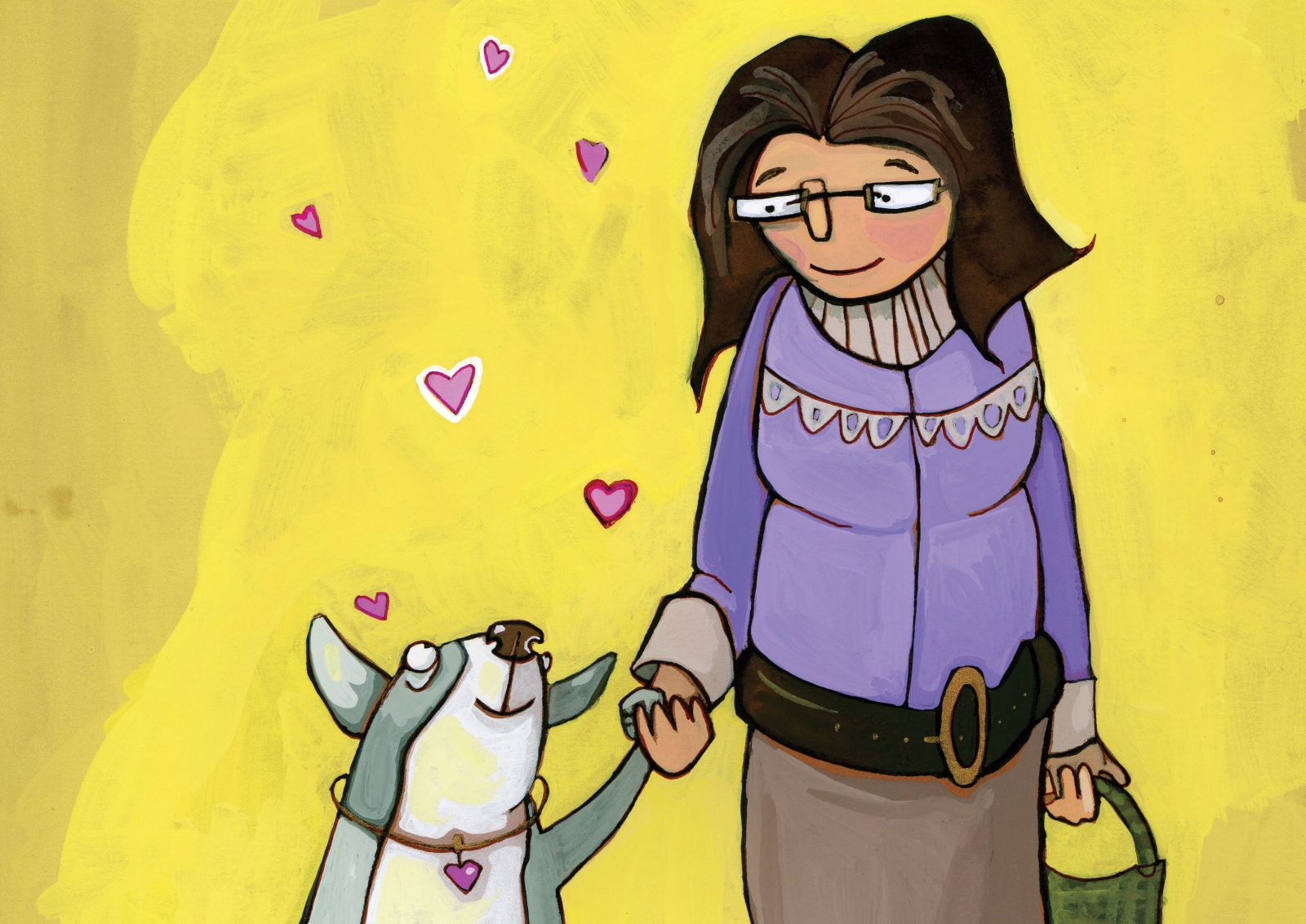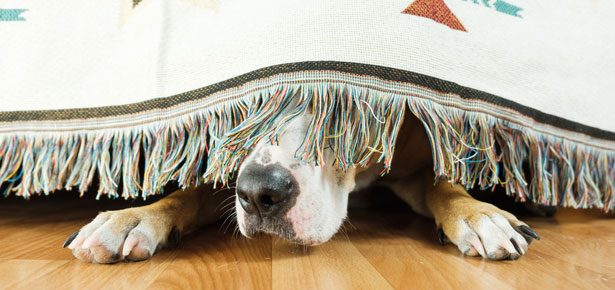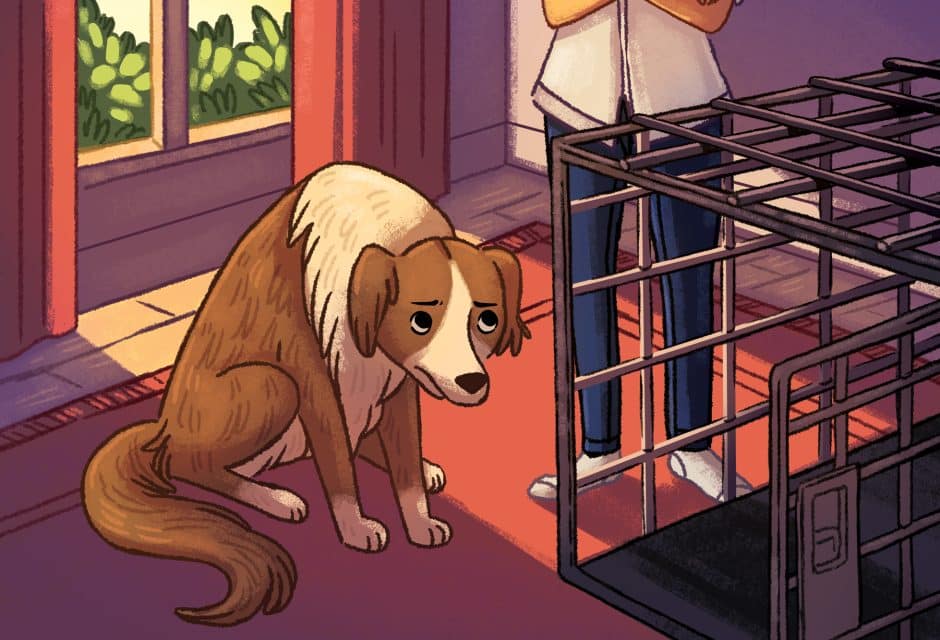

Dog Training Tip!
What to do When Your Dog Doesn’t Want to Share the Couch
It’s been a long work day and you’re finally home. You change clothes and head wearily to the couch to watch your favourite television show. But surprise! Your dog is already there, happily lounging in your spot. You ask him to get down. He doesn’t move. You ask again. Nothing. Finally, you grab his collar. Suddenly, you discover just how white your dog’s teeth are—he’s showing them to you, and if there was a thought-bubble, it would read, “I don’t think so!” What are you to do?
This scenario is, unfortunately, not uncommon. Many dogs do not like having their collar grabbed or being moved physically. Some will growl, show teeth, or even bite. Those things happen either because someone is trying to get the dog to do something he doesn’t want to do, because the dog perceives being reached for or physically manipulated in that way as threatening, or both.
While it is your couch and your dog should dismount when asked, there’s no need for it to turn into a battle of wills or worse, a showdown of physical strength. The answer lies in a combination of management to be implemented immediately and a training exercise to solve the problem long-term. For management, take a very short nylon leash—no more than two to three feet long—and cut the loop off the end. You have just created a drag line, so named because your dog will be dragging it around the house. (The loop has been removed so it won’t get caught on furniture.) Clip the leash to your dog’s collar as you normally would. The next time your dog is on the couch but you’d like him to get down, simply walk over, take hold of the end of the drag line, turn away, and in a pleasant voice say, “Off!” as you walk away. Your dog will have no choice but to go with you, and you will have avoided the dreaded collar grab. Again, this is simply a management strategy to be used temporarily so no one gets hurt.
Now for the training part. It’s only fair that if we want our dogs to vacate the couch when asked, we teach the proper response to our cue first. Grab some treats and walk with your dog to the couch. Say, “Up!” in a high, happy voice while encouraging him by patting the couch cushion to jump up. Reward with praise and a treat. Next, stand with your side facing the couch. Hold the treats in the hand furthest from your dog and, while using that same pleasant, encouraging voice to say, “Off!” use your other arm to make a swooping gesture that starts near your dog and ends with you pointing at the ground. (Note: If you’re already using “Off!” for things such as jumping on people, choose a different word. Be wary of using, “Down!” though, if you already use it to ask your dog to lie down.) Your dog should jump down. If he does, praise and reward. If he doesn’t, try again but this time, put a treat in the motioning hand so the swooping motion turns into a lure. Once he’s on the ground, reward with praise and a treat. Do a few repetitions, then end the session.
Practice short sessions frequently. You can follow the cue to get off the couch with another request such as to lie down at your feet or to go to bed. With practice, “Off!” should become a familiar cue that your dog understands and complies with in daily life. Just don’t use the cue in a real-life situation until you’ve practiced enough that it’s second nature to your dog. One last thought: If you really don’t mind your dog being on the couch with you but you’d like him to keep off your prized spot, place a blanket in the place where you’d like him to lie, and teach him that he is only allowed on the couch while lying on the blanket.
Join the newsletter and never miss out on dog content again!
"*" indicates required fields
By clicking the arrow, you agree to our web Terms of Use and Privacy & Cookie Policy. Easy unsubscribe links are provided in every email.







